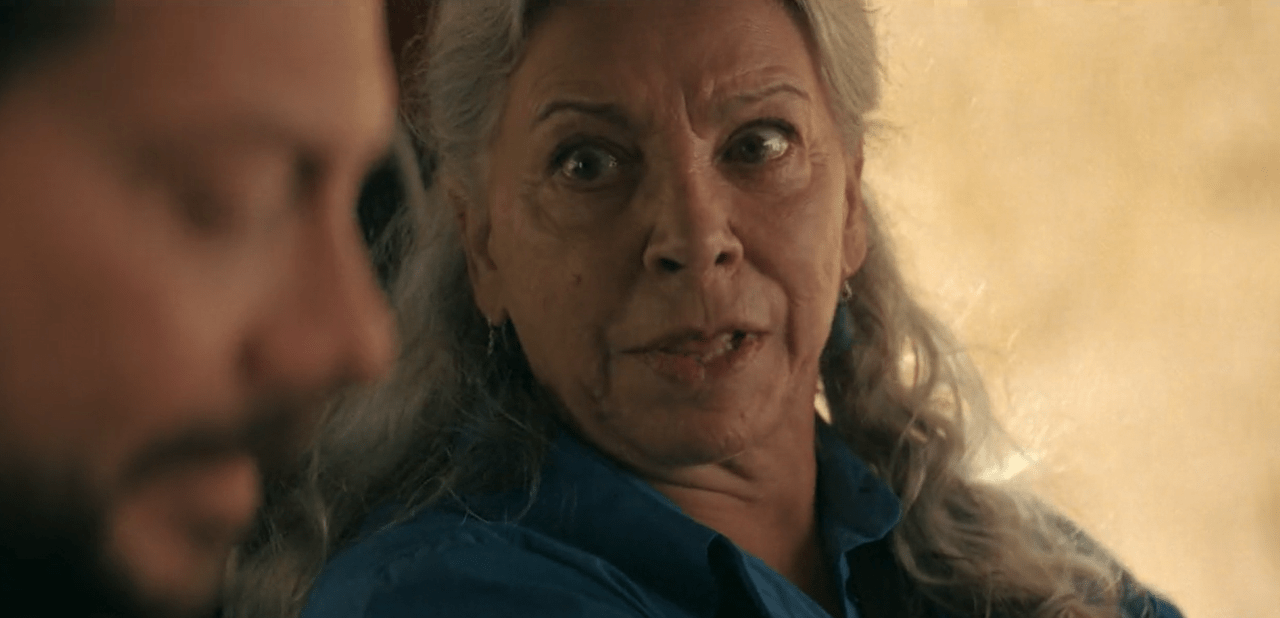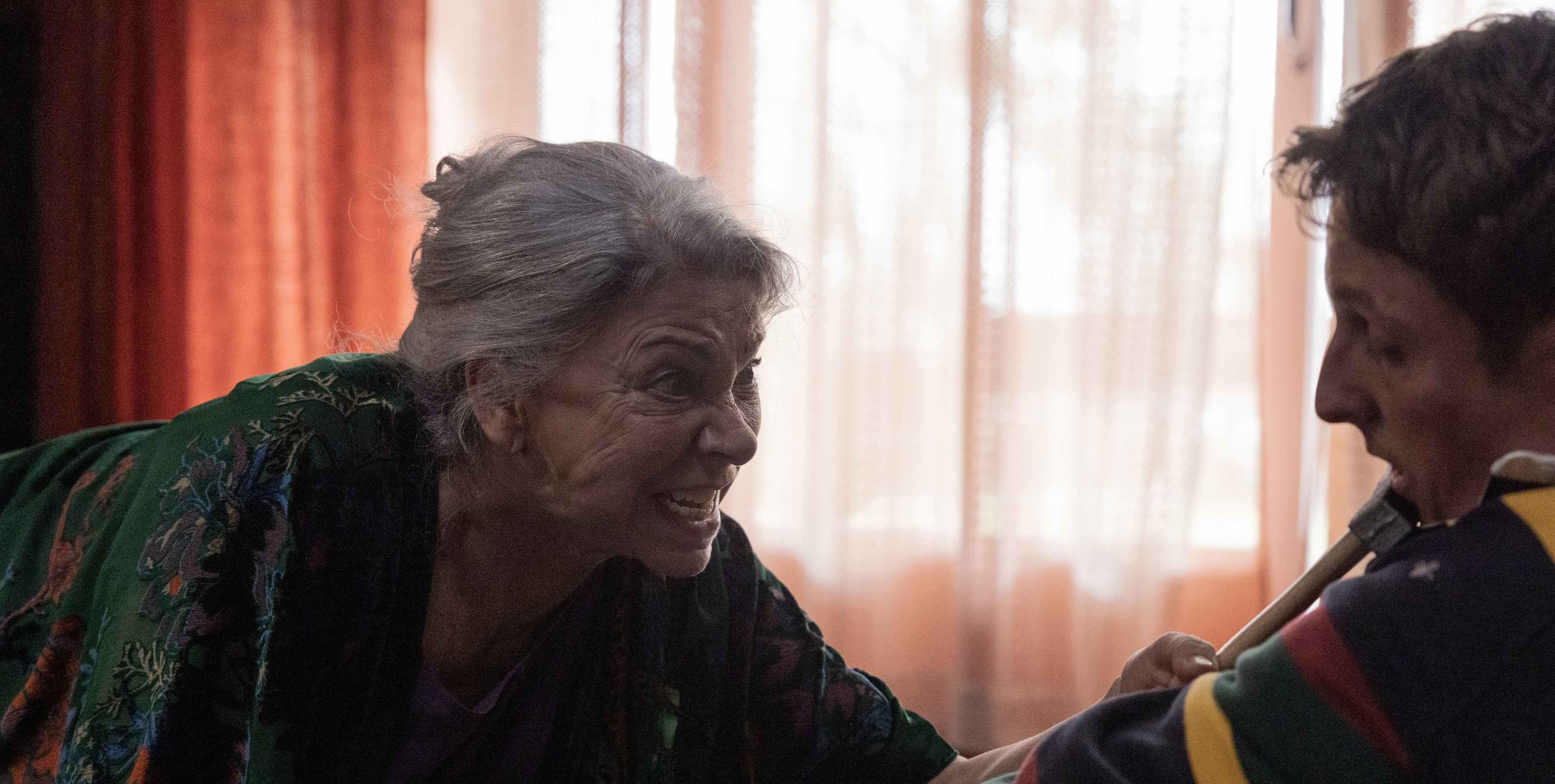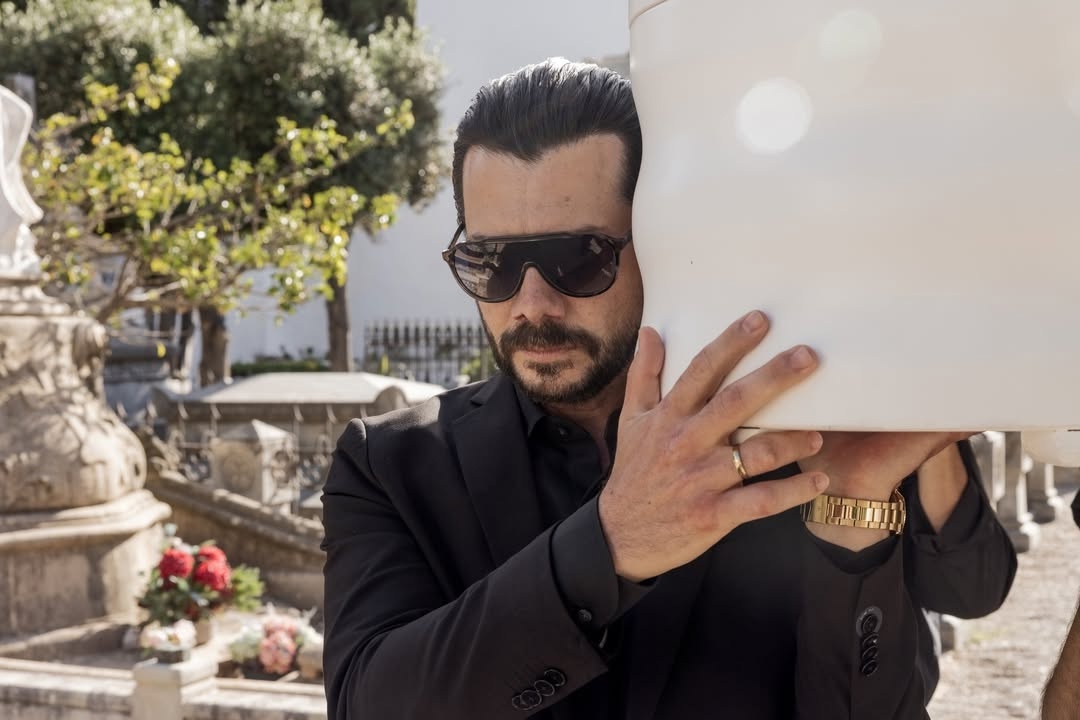Created by Agustín Martínez, Netflix’s ‘Two Graves,’ originally titled ‘Dos tumbas,’ is a Spanish crime drama about the disappearance of two teenagers, Verónica and Marta. Driven by equal parts love and rage, Verónica’s grandmother, Isabel, rejects the slow approach of the police and starts her own investigation in secret. Despite running into dead ends again and again, she refuses to give up and instead pushes herself deeper into the abyss. However, a journey of revenge soon begins to take its toll on the protagonist, and one by one, she is forced to give up on her traditional notions of good and bad. The title of this series stands as a reminder of death and its aftermath, both of which steer the narrative forward. With each episode, the phrase two graves undergoes a metamorphosis, accurately capturing the harrowing events on display. SPOILERS AHEAD.
The Title of Two Graves is Derived From a Quote by Confucius
The title of ‘Two Graves’ unfurls multiple layers of meanings over the course of the show, but its truest essence is only revealed in the final scene, with a quote from a Chinese philosopher named Confucius: “Before you embark on a journey of revenge, dig two graves.” Its placement in the narrative is intentional, as the context is revealed through the finale and the lessons learnt by Isabel. What starts out as her desire to find out the truth about her daughter quickly turns into a twisted need for revenge. In the process, the protagonist sheds the blood of many and nearly abandons all sense of good and bad. However, instead of bringing closure, it gradually ends up corrupting her psyche, and this ends with her death. While Isabel’s feelings of rage and despair have merit, her inability to process them ultimately leads to her downfall.

However, instead of just expressing Confucius’s sentiment, the creative team adds its own flair to it, with Isabel eventually realizing the flaws of her ways. On the other hand, it is Rafael who refuses to give up on a life of violence, knowing that there is no end to it in sight. When Isabel’s desperate attempts to resolve the issue do not work, she decides to take her own life alongside Rafael’s, quite literally bringing the quote to life with their deaths. This scene works on two levels, having the protagonist pay for her actions, while also reframing things from Rafael’s perspective. In choosing to sacrifice herself, Isabel makes her death a cautionary tale for other people on the path of mindless revenge. Despite being known for her selfishness, she ends the story with a selfless act, redeeming herself on some level.
Two Graves Plays on the Several Possible Meanings of the Phrase
While ‘Two Graves’ clearly draws inspiration from a single quote, its meaning is continuously expanding, and can be interpreted in different ways at different points of the story. Initially, the title appears to be about the two girls who disappeared, Verónica and Marta. When Marta’s death is confirmed and a burial service is held on-screen, that idea seems even more likely. However, Verónica is confirmed to be alive, and as such, the title can refer to more abstract feelings, such as the mourning period that her family had to endure. The phrase ‘Two Graves’ sees a switch up once again at the end of episode 1, with Isabel taking the life of Beltran, the person who set off a chain reaction leading up to the present. Here, it appears that the two graves are those of Marta and Beltran, respectively, and the contrast between the two is the focal point.

The title becomes even more potent with the introduction of Rafael as a main player in the game. Just like Isabel, he too commits an act of murder, namely that of Carlos Jaen. This brings the total death tally to two, which in turn feeds into the title in two ways. While it can be about the two murders committed, the meaning can extend to include Confucius’s quote, in which case both Rafael and Isabel comprise the second grave in their respective revenge journeys. This thread sees its climax in their passing, with both of them taking the burden off the shoulders of the next generation. Verónica and Jamila lead a life of peace and pride despite their traumatic past, which points to a better way of processing one’s emotions. As such, multiple meanings can be superimposed upon the same title, with all of them feeding into its larger message.
Read More: Two Graves Finale Recap and Ending Explained: Who Killed Marta?


